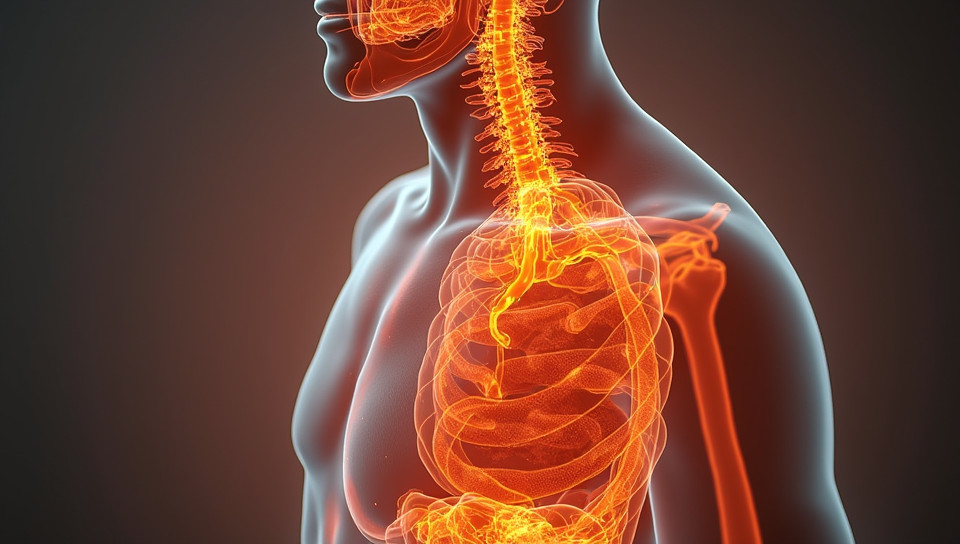Low vitamin D levels result in inadequate calcium absorption 52%

The Hidden Link Between Vitamin D and Calcium Absorption
As we navigate our busy lives, it's easy to overlook the importance of vitamin D in our overall health. But what if I told you that low levels of this essential nutrient can have a ripple effect on your body, impacting not just your bone health but also your calcium absorption? In this article, we'll delve into the surprising connection between vitamin D and calcium absorption, and explore the consequences of inadequate levels.
The Role of Vitamin D in Calcium Absorption
Vitamin D plays a crucial role in regulating calcium levels in the blood. It helps the body absorb calcium from food, which is essential for building and maintaining strong bones, teeth, and muscles. When vitamin D levels are adequate, calcium can be effectively absorbed into the bloodstream, supporting bone health and reducing the risk of osteoporosis.
The Consequences of Low Vitamin D Levels
Low levels of vitamin D have been linked to various health problems, including:
- Osteoporosis
- Rickets in children
- Osteomalacia (softening of bones) in adults
- Increased risk of falls and fractures
- Weakened immune system
How Does Low Vitamin D Affect Calcium Absorption?
When vitamin D levels are low, the body's ability to absorb calcium is impaired. This can lead to a buildup of calcium in the blood, causing hypercalcemia, or an excessive amount of calcium in the bloodstream. On the other hand, inadequate calcium absorption can result in hypocalcemia, or abnormally low calcium levels.
The Importance of Vitamin D Supplementation
Given the significant impact of vitamin D on calcium absorption, it's essential to ensure adequate levels through a combination of sun exposure, diet, and supplementation. Foods rich in vitamin D include fatty fish, egg yolks, and fortified dairy products. However, for many people, supplements may be necessary to maintain optimal levels.
Taking Action
To protect your bone health and support calcium absorption, consider the following:
- Consult with your healthcare provider about vitamin D testing and supplementation.
- Maintain a balanced diet rich in vitamin D and calcium-rich foods.
- Engage in regular physical activity to promote bone density.
Conclusion
The connection between vitamin D and calcium absorption is clear: low levels of vitamin D can have far-reaching consequences for our overall health. By prioritizing vitamin D intake and supporting calcium absorption, we can reduce the risk of osteoporosis, fractures, and other related health problems. Take control of your bone health today by making informed choices about your vitamin D levels and calcium absorption.
- Created by: Vamika Devi
- Created at: Oct. 13, 2024, 11:34 p.m.
- ID: 12558









